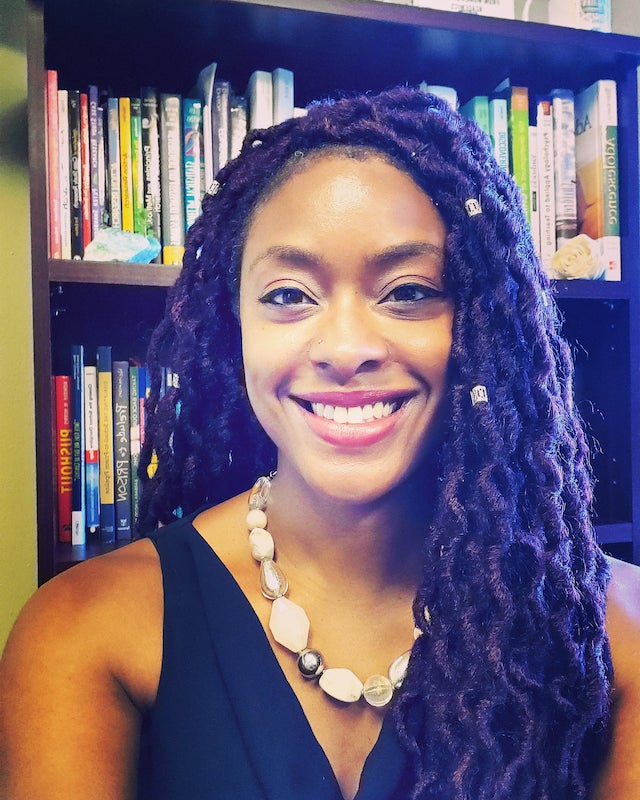Alumni Testimonials

Dr. Manya Whitaker is Acting Executive Vice President and Chief of Staff and Associate Professor of Education at Colorado College.
As Acting Executive Vice President and Chief of Staff, Manya partners closely with the President on a variety of cross-divisional and executive initiatives, providing critical direction and leadership to optimize strategic priorities such as the college’s antiracism commitment. She serves as the President’s principal aide in managing sensitive and confidential issues; helps with the development of college policies, processes, and practices; is the President’s representative on key college committees, and helps to manage high-priority projects to ensure successful launch and execution.
Manya is also Associate Professor of Education. A developmental educational psychologist with expertise in social and political issues in education, her research examines the development and sustainment of teachers’ diversity-related self-constructions within Title I schools. She is especially interested in the long-term effects of anti-oppressive and liberatory curricula and pedagogy within teacher preparation programs on teachers’ inclusive instructional practices. Her courses such as Diversity & Equity in Education, Teacher and Teacher Identities, and Educational Psychology inform, and are informed by, her research. Her recent book, “Public School Equity: Educational Leadership for Justice,” capitalizes on her consulting with K-12 organizations. She also writes an early career advice column for The Chronicle of Higher Education.
